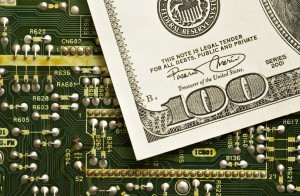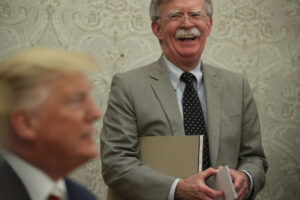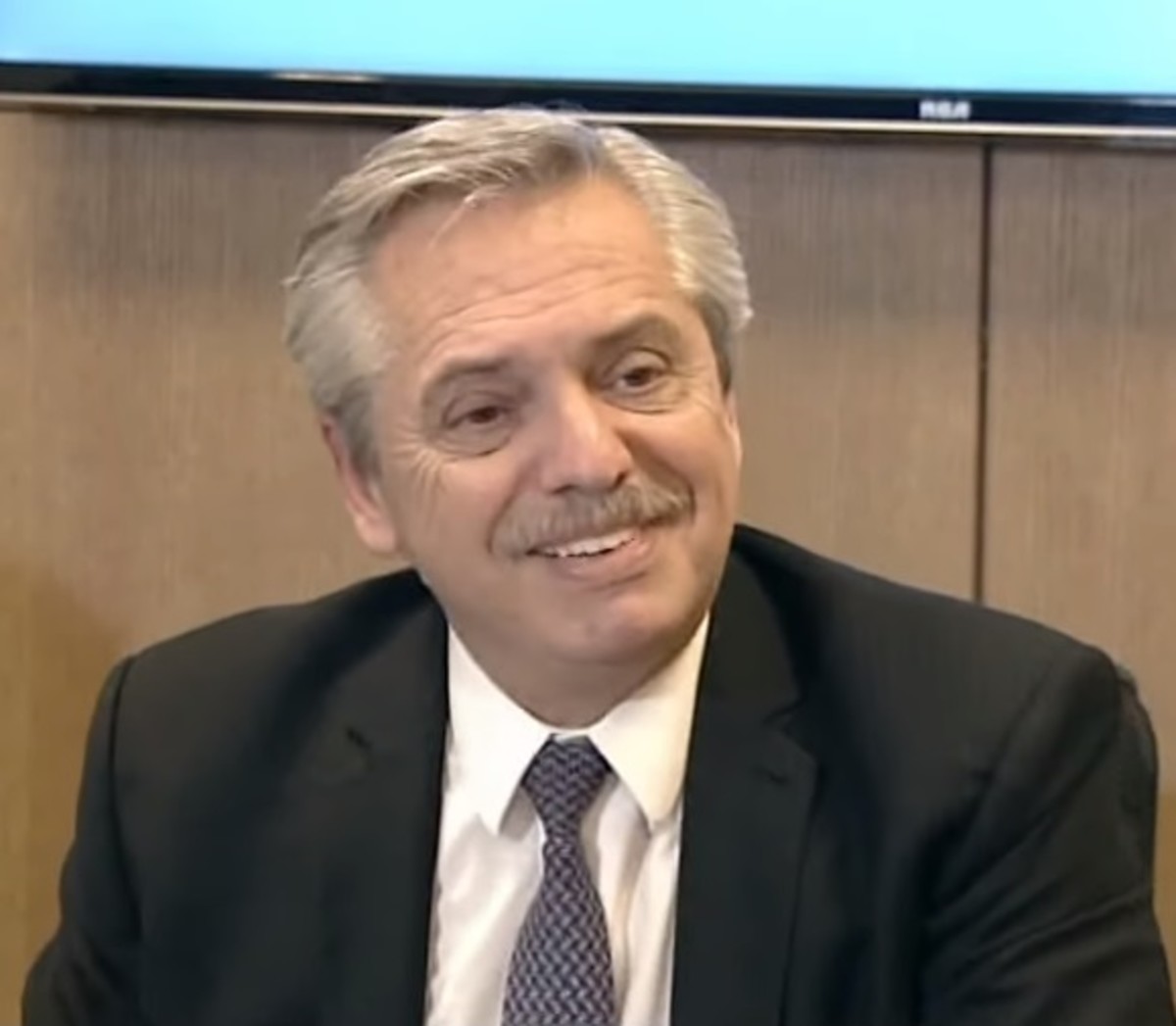
As technology continues to integrate itself into the practice of law, law schools are the latest to get on board with the digital revolution. We sat down with Ken Randall, former Dean of the University of Alabama School of Law and founder of distance learning company iLaw (a BARBRI Company), to discuss the rise of hybrid J.D. programs and how iLaw is helping law schools to expand their offerings in today’s digital era.
You’re one of the pioneers in online learning for law schools. Can you give us a little bit of your background in this area?
I was Dean at the University of Alabama School of Law for 20 years, and during that time, the law school improved 75 spots in U.S. News and World Report. A large part of that improvement came from online resources. Alabama was among the first law schools to use distance education (education where the instructor and student are not in the same place) for non-J.D. graduate work. We took a residential tax LL.M. program and started incorporating distance learning, and this generated a lot of revenues to improve the school.
Around 2000, the ABA Section of Legal Education and Admission to the Bar named me the first chair of their Technology Committee. The committee that provided the origins of Standard 306, which regulates distance or online education at accredited law schools. That was the origins of online regulation in the J.D. space.
For those who aren’t familiar, what are hybrid J.D. programs and what does Standard 306 say about them?
Hybrid education simply means education that uses two platforms. There’s no strict definition of what constitutes a hybrid J.D. program — it’s really anything that’s a blend of residential and online learning. ABA Standard 306 is the relevant standard governing online education at accredited law schools. In its first iteration, the ABA allowed for only 11 credits to be offered by distance education. By 2018, that was expanded so that law schools can now offer at least ⅓ of the J.D. program online, and 10 of those online credits in the first year. Law schools can also apply to the ABA for a variance to do offer even more credits online. Today, law schools are experimenting and innovating with having a large part of their J.D. programs come from an online platform.
How many law schools are offering hybrid J.D. programs today?
In terms of schools that have true hybrid programs that offer a significant amount of the program online, there are probably 8-10 schools that stay within Standard 306. There are other schools that may have certain online courses, but have not designated an official hybrid program. There are also about five schools that have an ABA variance to do even more than ⅓ of their program online. So, in total, about 10 percent of the 200 ABA-accredited law schools are offering some kind of hybrid program or distance learning today. It’s important to note, though, that these schools also continue to offer their traditional programs.
Why did you found iLaw and how does it fit into the hybrid J.D. landscape?
I created iLaw in 2013 because very few people were focusing on distance learning in legal education at the time. There were a lot of good online vendors focusing on undergraduate institutions, but not on legal education. iLaw was founded to provide law schools with an online learning platform.
We specialize in two areas. The first is providing J.D. content to law schools. We hire subject matter leaders from around the country, the ones who wrote the casebooks, to create online content, and we license that content to law schools. The second thing we do is partner with law schools on LL.M and J.M. programs for lawyers and non-lawyers, helping them to recruit students, design courses, and show courses through our learning management system. Those two strands come together in the hybrid J.D space, wherein we become a comprehensive partner for law schools looking to offer a hybrid program.
We’re now doing in the hybrid J.D. space what we’d been doing in the masters space for six or seven years. In 2017, we were acquired by BARBRI, and together we provide comprehensive solutions for students both during and after law school to help them prepare for and take the bar exam.
Why are more law schools moving to online learning and what do they stand to gain from it?
Legal education has been slower to move to distance education as compared to other disciplines. Standard 306 didn’t exist until 2002, and it wasn’t until 2018 that a law school could deliver at least ⅓ of the program was online. As you know, law school applications saw a sharp decline five or six years ago. The movement to innovate and experiment, including in the online space, has a lot to do with the fact that admissions numbers really started to disrupt legal education.
Going forward, I expect we’ll see more and more schools entering the online space with hybrid programs. We tend to focus on the number of credits a person can take online, but equally if not more important is what’s going on in that online classroom. That’s why iLaw is putting a lot of resources into the pedagogy of teaching online. Today we can really replicate online the kind of engagement and interactivity that a student has with a faculty member on campus. When people think of distance education, they think of a talking head and a PowerPoint, but that’s not the high-quality work we’re doing. There’s absolutely outstanding, innovative teaching going on online today. So much of the practice of law today is conducted online and through technology, so we’re marrying an online pedagogy with the online skills that the students will use when practicing law. There’s no better way to teach technology skills than through technology.
There’s also a huge focus on inclusivity and opportunity and bringing down the cost of education. The optimal way to do that is through distance education. Full-time residential learning is not an option for a lot of people, so online learning really provides an inclusive and more diverse education. In terms of law schools, it’s also a great thing, because online learning provides a way for schools with diminishing applicant pools to diversify their revenue streams and improve their ability to draw students from broader markets.
Are there any success stories you can highlight for us?
The University of New Hampshire Franklin Pierce School of Law has been highly successful with online learning. They’re one of the top five intellectual property law schools in the country, but they’re in a place that’s more remote. They’ve secured a variance under Standard 306 to offer more than half their coursework online through a hybrid program, and this has been an extremely successful way for them to share their IP expertise with the rest of the country. It’s a great example of inclusive education, because innovators, people working in IP-related fields, and people working in tech now have a way to attend a top-5 IP law school through distance education.
What advice do you have for law schools who might want to partner with iLaw to expand their online programming or offer a hybrid J.D. program?
We believe that online learning has a place in every law school. This doesn’t mean it should replace traditional learning, but innovation is important, particularly if you want an inclusive and diverse student body or to attract non-traditional learners. Investigating online offerings is especially important for schools that have part-time or evening programs, because they play a critical role in educating non-traditional students.
Every law school has different challenges based on their goals, geography, or mission, so we don’t take a one-size-fits-all approach to online learning. You need to create a program that works with your particular challenges, and iLaw is an expert in doing that. What distinguishes us is that we only deal with law schools. Our staff are experienced in all aspects of legal education and we know how to design and build J.D. courses.
Can we expect to see law schools that are 100 percent online in the future?
It will ultimately depend on the ABA, but I would imagine that over the next five years there will be some accredited J.D. programs that are allowed to be 100% online. This won’t be to the exclusion of traditional learning, but rather giving faculty the freedom to experiment with online learning in addition to the traditional teaching they’re already doing.



 Kathryn Rubino is a Senior Editor at Above the Law, and host of
Kathryn Rubino is a Senior Editor at Above the Law, and host of 












 Jordan Rothman is a partner of
Jordan Rothman is a partner of 
